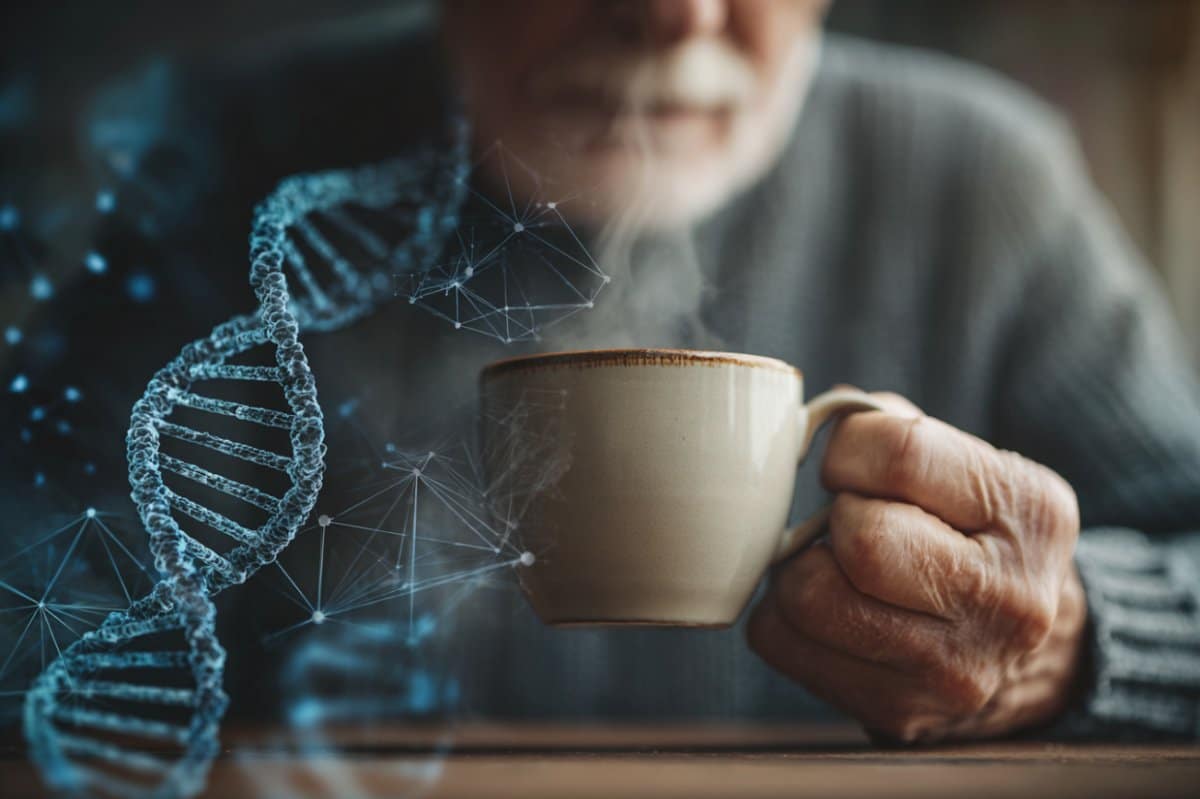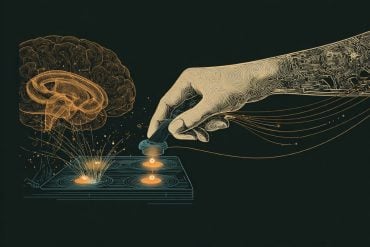Summary: New research shows that caffeine may help slow ageing at the cellular level by activating AMPK, a key energy-sensing pathway. Using fission yeast as a model for human cells, scientists found that caffeine boosts AMPK activity, which helps cells manage stress, repair DNA, and regulate growth.
AMPK is also targeted by metformin, a diabetes drug under investigation for lifespan extension. These findings offer new insight into how caffeine interacts with ancient cellular systems that protect against age-related damage and disease.
Key Facts:
- AMPK Activation: Caffeine boosts AMPK, a cellular “fuel gauge” tied to longevity.
- Ancient Pathway: The energy-stress network influenced by caffeine is over 500 million years old.
- Yeast Model: Findings in fission yeast reveal mechanisms likely conserved in human cells.
Source: Queen Mary’s University London
A new study from the Cellular Ageing and Senescence laboratory at Queen Mary University of London’s Cenfre for Molecular Cell Biology, reveals how caffeine—the world’s most popular neuroactive compound—might do more than just wake you up.
The study in the journal Microbial Cell shows how caffeine could play a role in slowing down the ageing process at a cellular level.

Caffeine has long been linked to potential health benefits, including reduced risk of age-related diseases. But how it works inside our cells, and what exactly are its connections with nutrient and stress responsive gene and protein networks has remained a mystery—until now.
In new research published by scientists studying fission yeast—a single-celled organism surprisingly similar to human cells—researchers found that caffeine affects ageing by tapping into an ancient cellular energy system.
A few years ago, the same research team found that caffeine helps cells live longer by acting on a growth regulator called TOR (Target of Rapamycin). TOR is a biological switch that tells cells when to grow, based on how much food and energy is available.
This switch has been controlling energy and stress responses in living things for over 500 million years.
But in their latest study, the scientists made a surprising discovery: caffeine doesn’t act on this growth switch directly. Instead, it works by activating another important system called AMPK, a cellular fuel gauge that is evolutionarily conserved in yeast and humans.
“When your cells are low on energy, AMPK kicks in to help them cope,” explains Dr Charalampos (Babis) Rallis, Reader in Genetics, Genomics and Fundamental Cell Biology at Queen Mary University of London, the study’s senior author. “And our results show that caffeine helps flip that switch.”
Interestingly, AMPK is also the target of metformin, a common diabetes drug that’s being studied for its potential to extend human lifespan together with rapamycin.
Using their yeast model, the researchers showed that caffeine’s effect on AMPK influences how cells grow, repair their DNA, and respond to stress—all of which are tied to ageing and disease.
“These findings help explain why caffeine might be beneficial for health and longevity,” said Dr John-Patrick Alao the postdoctoral research scientist leading this study.
“And they open up exciting possibilities for future research into how we might trigger these effects more directly—with diet, lifestyle, or new medicines.”
So, the next time you reach for your coffee, you might be doing more than just boosting your focus—you could also be giving your cells a helping hand.
About this genetics and aging research news
Author: Lucia Graves
Source: Queen Mary’s University of London
Contact: Lucia Graves – Queen Mary’s University of London
Image: The image is credited to Neuroscience News
Original Research: The findings will appear in Microbial Cell






